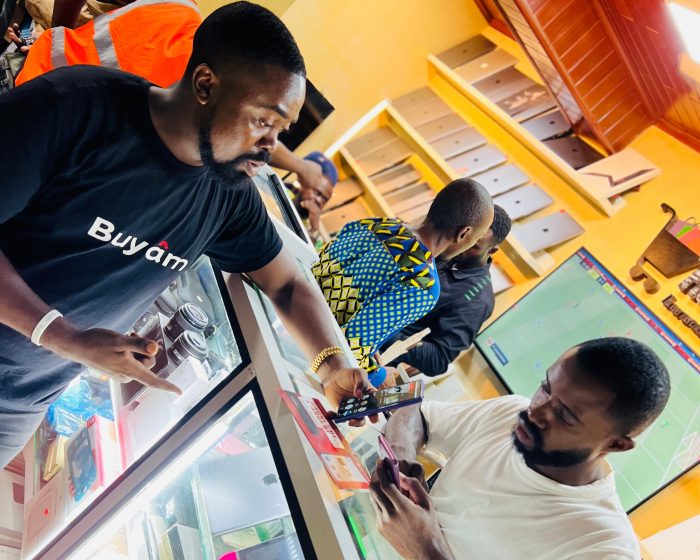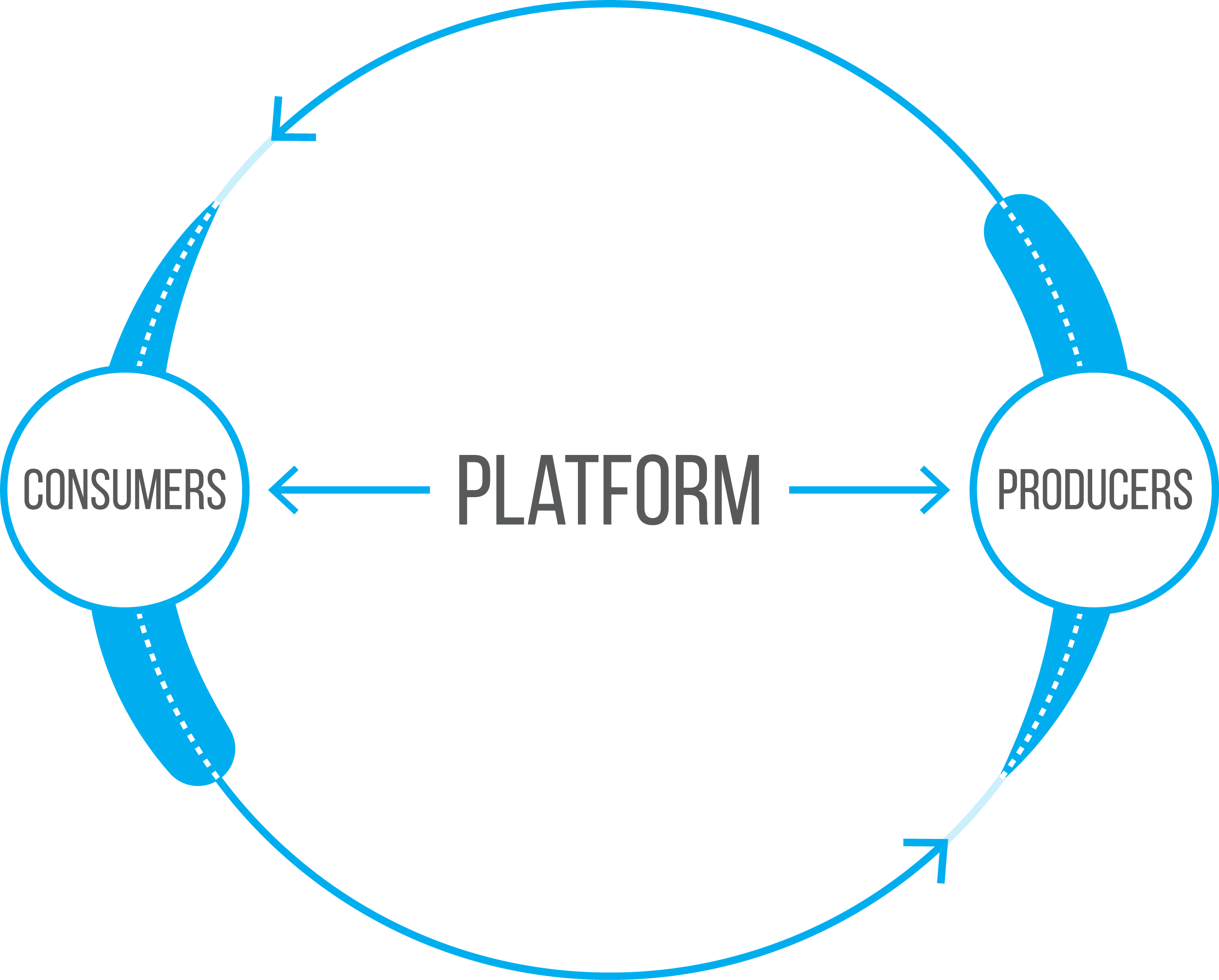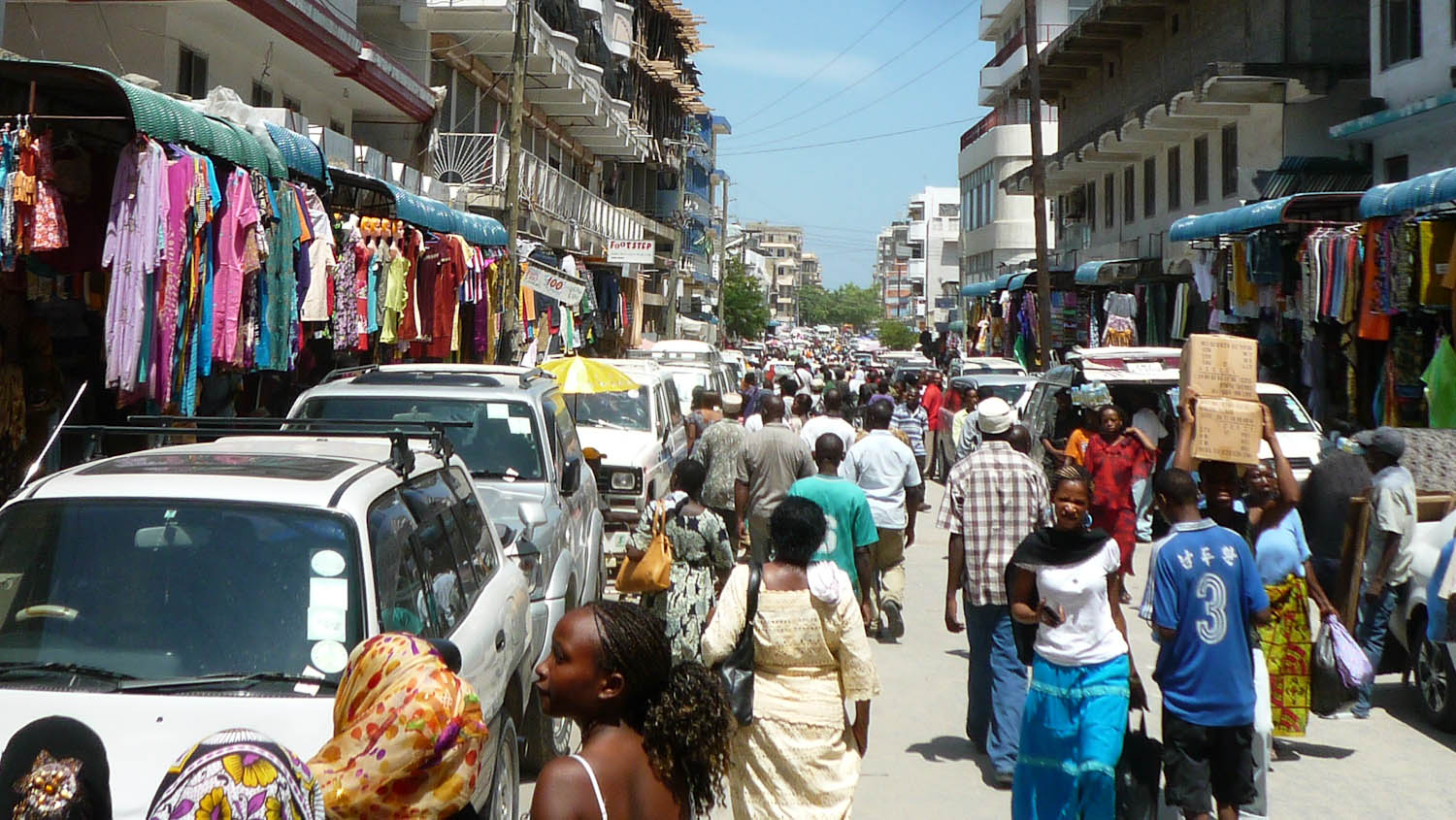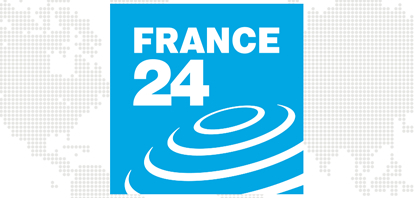
Building a tech company in Africa is very, very difficult. If building a tech company in the US is 7 on a scale of 0 to 10 with 0 being easy and 10 being hard, then building a tech company in Africa is like 15.
One mistake I made in the past was believing that if I build a product, users will come and clients will follow. This is a mantra that was popular in Silicon Valley in the early 2000s and, boy, it for sure went to my head (colonized me 🤓). Think Facebook, Google, etc. They built amazing tech products, got a lot of users, and then figured out how to monetize them later on. Well, that doesn’t work in Africa and it’s clear now to me because the West has venture capital, skilled human capital that can work for no pay, and other support systems that Africa doesn’t have.
I remember sometime in 2014 or so I was having this argument with Jason Njoku of iRokoTV in a group on Facebook called Silicon Africa. Jason was advising that in building tech companies, we should focus on sales first before innovation and I was furiously arguing to the contrary because I was still dreaming the American dream. Hehehehe. Well, a few years later, I have come to realize how wrong I was and how tech in Africa is actually sales first before innovation like Jason was preaching.
Capital (financial and human) is the fuel of innovation. Entrepreneurs in the West have access to these easily so they can focus on innovation while in Africa and Cameroon in particular, we have to find the financial capital because even the human capital needed can only be gotten with some considerable financial capital. So how else would you focus on innovation when the two things needed all depend on you having money and lots of it 🤷🏾♂️. My advice to anyone building a tech company in Africa is simple: while developing that idea into an app or a web platform, invest 50% of your time in building the app and the other 50% in figuring out and validating how the app will make money from day one. If you can’t figure out and validate how the app will make money from day one, please don’t build it! Well, you can still build it if you are rich, have rich friends or have access to money that can sustain you and a team as you build the app and figure out the business model. All this could take up to 5 years.
I remember April last year when Kelvin and I started talking about working on Buyam. I told him we have to figure out how it will make money from day one. We even went as far as selling it to potential clients and by the time we were launching in June last year, we already had 4 paying clients and about 2 other clients that promised to pay and signup as soon as we launched. Interestingly, we had 3 clients pay even before we started writing the first lines of codes. The coolest thing about getting clients to pay even before you launch is how the money motivates you to work harder and push even harder because again the money serves as validation to the venture 🤓. And I must also point this out even though it goes without saying: payments from clients will give you the money aka fuel to keep building the company and innovating as you go and you can even take a loan to finance some heavy investments with all assurance because again you have paying clients and you can project and plan. In this regard, it makes perfect sense when you consider the fact that the most successful tech companies in Sub-Saharan Africa are into Fintech. The interesting thing about fintech is the ability of the tech to make money from the first user and, as user numbers increase, more money is generated. If your tech enables people to make payments or transfer money and you get a cut, then boom, as people use it, you make money. Now try to look at any other tech or innovation in Africa that’s not Fintech and you will see that the success isn’t that impressive because it’s harder for them to make money from day one and in direct proportionality to user growth.
Well, I have to end. Hope the read was enlightening.
Please (shameless plug ahead) install Buyam and help spread the word 🙂
Merci 🙂







